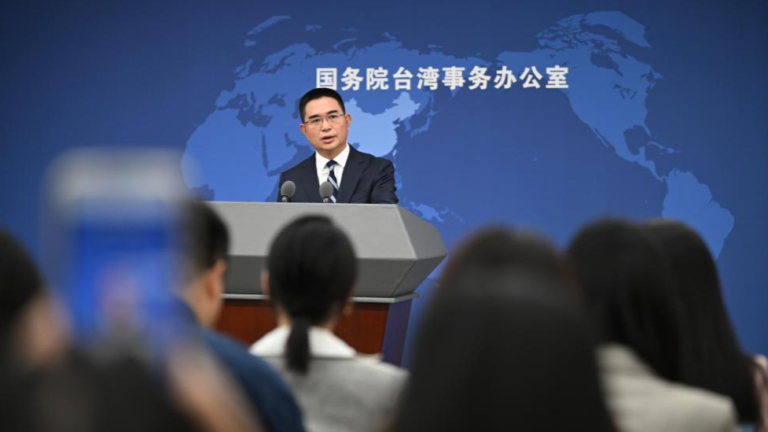
Vladimir Putin has long been a master of geopolitical strategy, leveraging his position as Russia’s leader to manipulate and influence global politics. One of his most prominent targets has been the United States, and specifically its former president, Donald Trump. The relationship between Putin and Trump has been a subject of intense scrutiny, with critics arguing that Putin has outmaneuvered Trump on multiple occasions.
The “trap” that Putin has set for Trump operates on several levels. First, by fostering an image of camaraderie and mutual respect, Putin positioned himself as a figure Trump admired. This dynamic allowed Putin to subtly influence Trump’s rhetoric and decisions, steering U.S. policy in directions favorable to Russian interests. Whether it was downplaying Russia’s interference in the 2016 U.S. election or casting doubt on NATO’s relevance, Trump’s actions frequently aligned with Kremlin objectives.
Second, Putin’s manipulations extended beyond mere flattery. By leveraging kompromat—or the perception of potential compromising material—Putin created an environment of uncertainty around Trump’s motivations. While no concrete evidence of blackmail has emerged, the mere suggestion of it allowed Putin to maintain a psychological edge over Trump, undermining the latter’s credibility domestically and internationally.
Finally, the broader implications of Putin’s strategy have been to sow division within the United States. By exacerbating partisan divides and amplifying disinformation, Putin weakened America’s global standing. Trump’s often-controversial statements and actions, some of which appeared to align with Russian narratives, only deepened these fractures.
In the end, the “trap” was not a single event but a series of calculated moves by Putin to exploit Trump’s weaknesses—be it his ego, his admiration for authoritarian leaders, or his willingness to challenge democratic norms. For Putin, the ultimate goal has always been to undermine Western unity and strengthen Russia’s position on the world stage, a strategy that has, to some extent, succeeded.
THEY TALKED by phone for over two hours, but Vladimir Putin left Donald Trump with almost nothing to show for it—a slap in the face that only a man possessed of unbounded chutzpah could pretend was a win. A week earlier, negotiators for America and Ukraine had agreed on a 30-day ceasefire in a conflict that has lasted for over three years. Mr Trump had said that if Russia did not sign up he might hit it with tough new sanctions. In the event, he rolled over. Even Boris Johnson, a former British prime minister who admires Mr Trump, declared that Putin is “laughing at us”.





